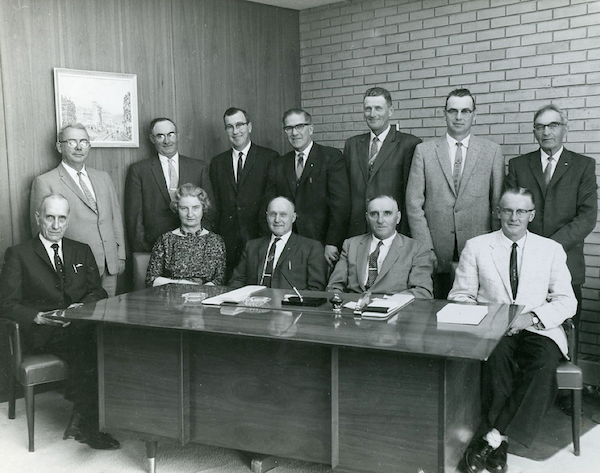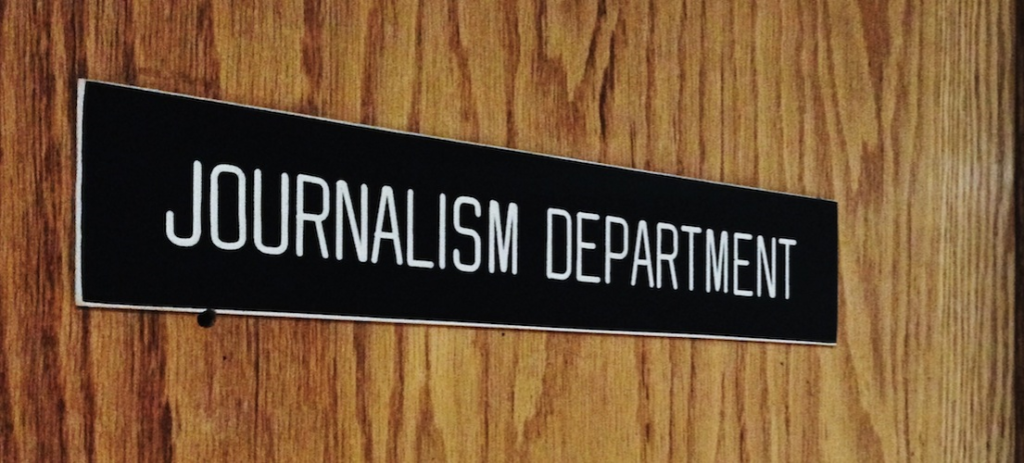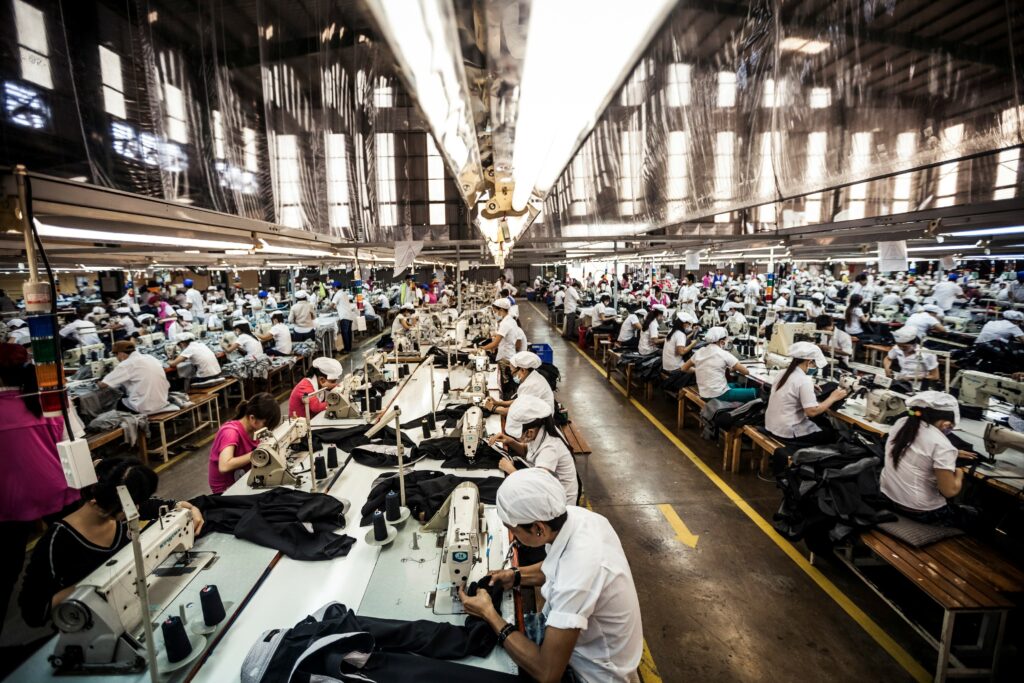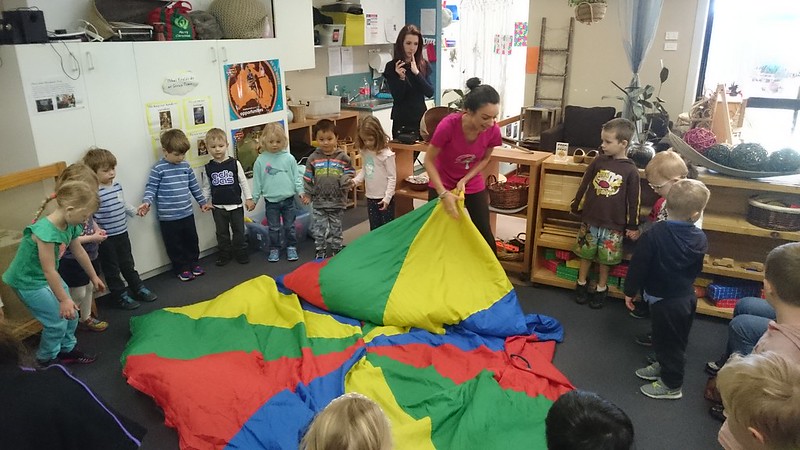
At the beginning of October, Melinda Gates announced she would commit $1 billion in the fight for gender equality in the United States, and that one of her key priorities is to “mobilize shareholders” to put pressure on companies to improve diversity practices.
But do shareholders really value gender diversity? Research on the relationship between firm value and the appointment of women CEOs or directors has yielded mixed findings. At best, efforts to increase female representation have no impact on the firm’s market performance.
In some cases, however, shareholders will actually penalize firms for appointing women to senior leadership positions.
This seems counter-intuitive, given how much attention there has been in the press on stakeholders insisting that companies diversify their boards. Surely shareholders should be rewarding the companies that meet the challenge, not punishing them?
Continue Reading…








